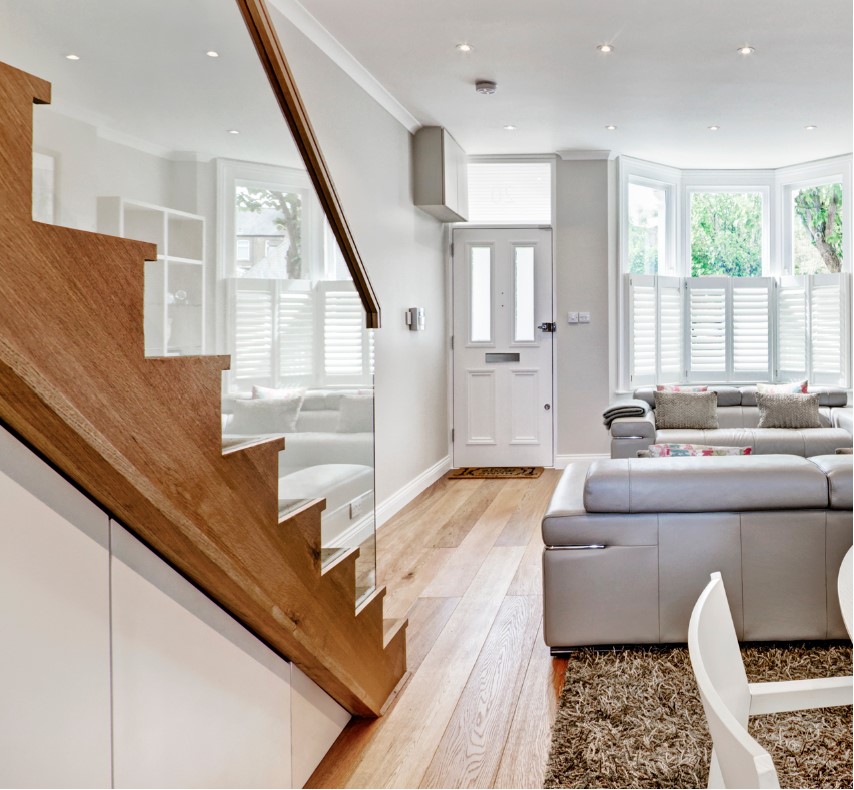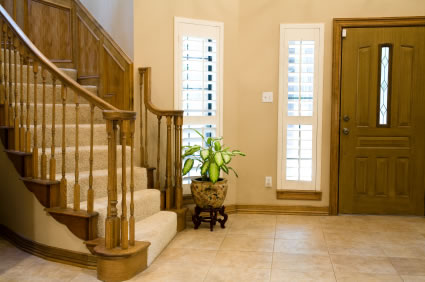

When it comes to joinery projects, choosing between softwood and hardwood is a decision that requires careful consideration. Each type of wood offers distinct benefits and disadvantages.
Softwood, such as pine or cedar, is commonly chosen for its affordability and ease of availability. It is typically less expensive than hardwood and can be sourced from sustainable forests. Softwood is also lighter and easier to work with, making it more manageable for DIY projects. However, its lower density and durability mean it may be more prone to dents, scratches, and warping over time.
On the other hand, hardwood, like oak or mahogany, offers superior strength, durability, and a luxurious appearance. It is highly resistant to wear and tear, making it ideal for high-traffic areas or furniture pieces that require longevity. Hardwood is known for its natural beauty, with distinctive grains and rich colors that add a touch of elegance to any space. However, hardwood tends to be more expensive than softwood and can be harder to source.
Ultimately, the choice between softwood and hardwood for joinery projects depends on factors such as budget, desired aesthetics, and the intended use of the finished product. Consider the specific requirements of your project and weigh the benefits and disadvantages of each wood type to make an informed decision.
FUTURE POSTS WILL APPEAR AFTER THE DATE DO A TEST WITH 4th JULY that appears an hour after now


Accoya Wood options available - upto 50 Year Wood stablity Guarantee available. Durable Wood With Outstanding Performance. Find Where To Buy. Accoya Wood Offers Outstanding Dimensional Stability In Both Thickness & Width. Excellent Machinability. Outstanding Durability. Perfect For Coating. Dimensionally Stable. Insect Barrier.